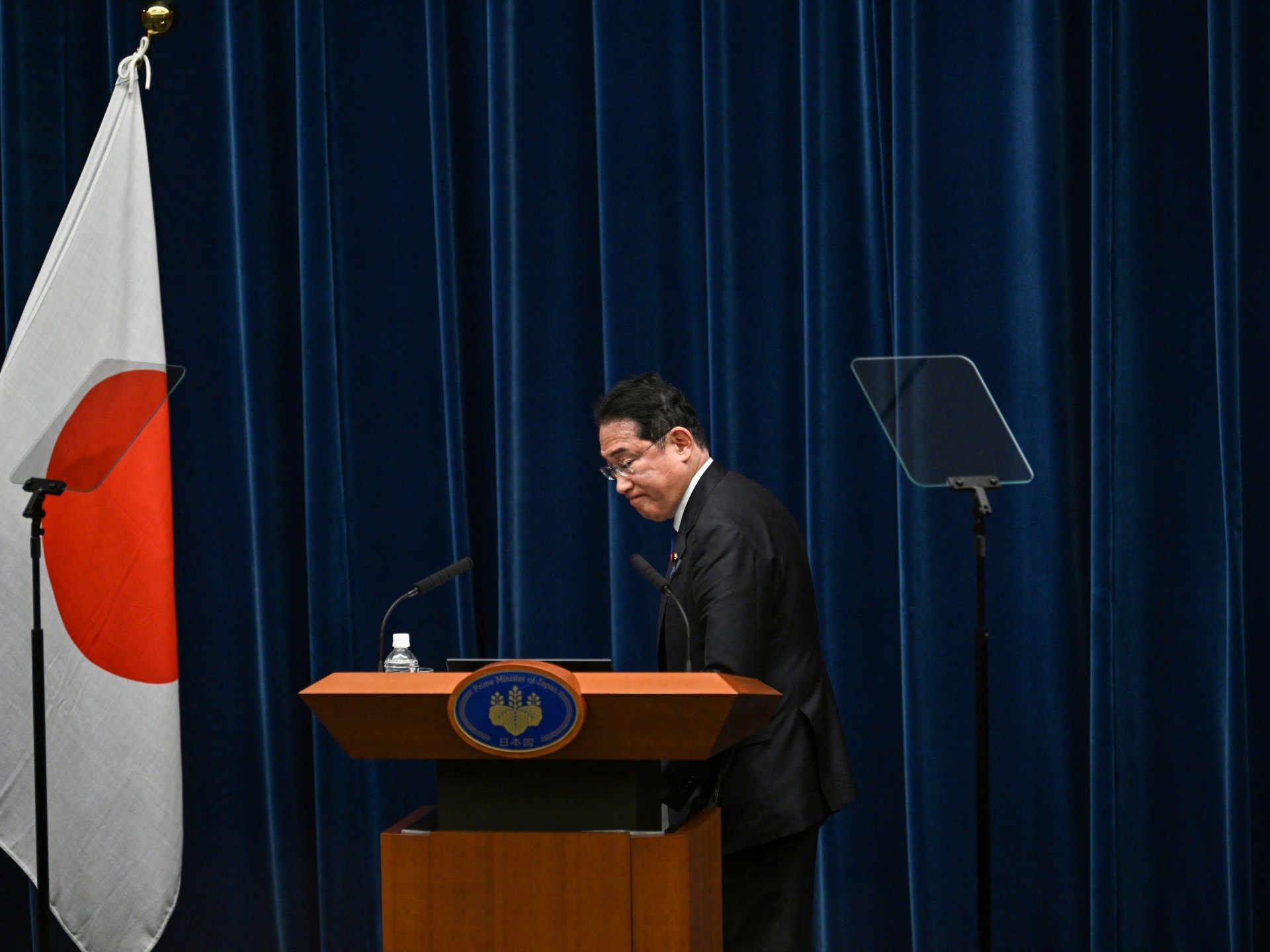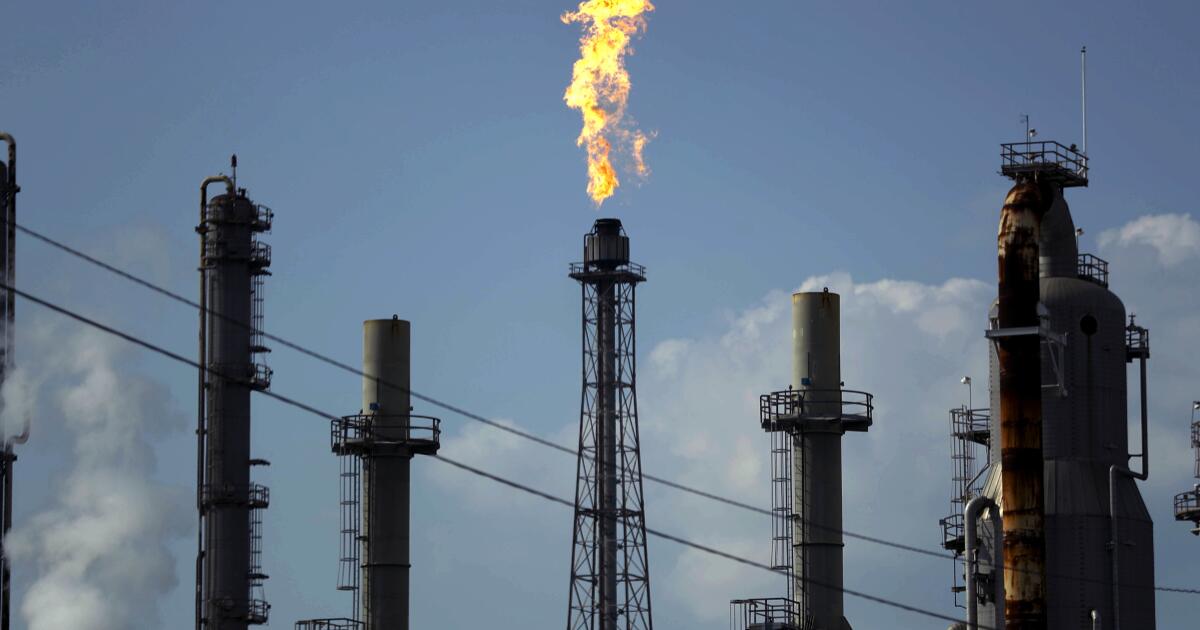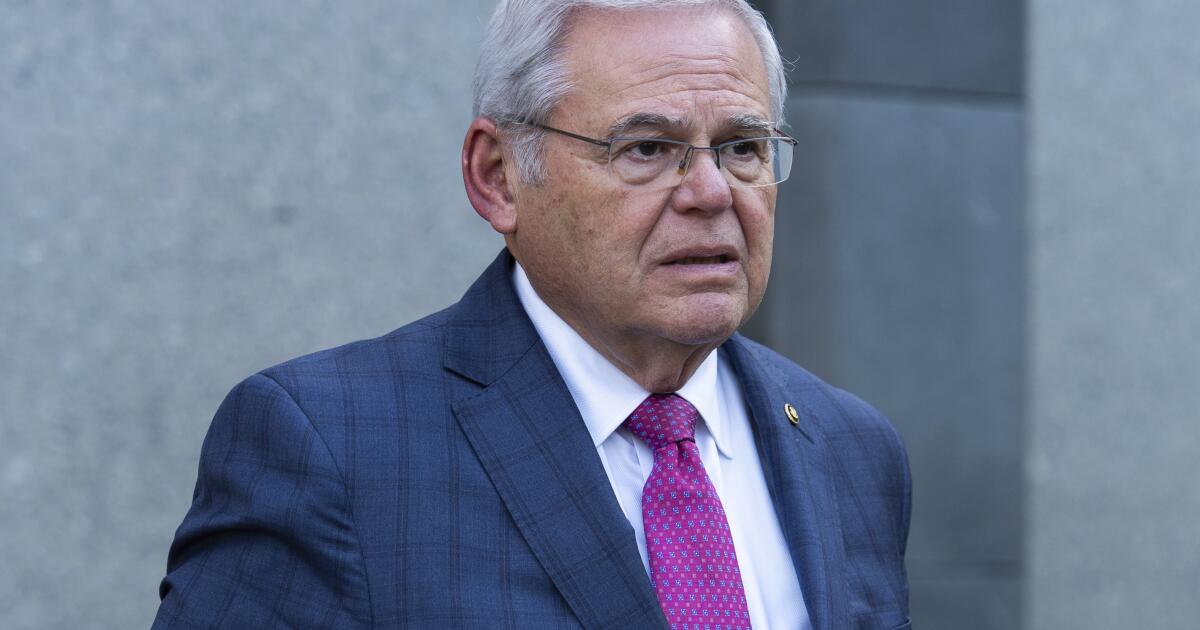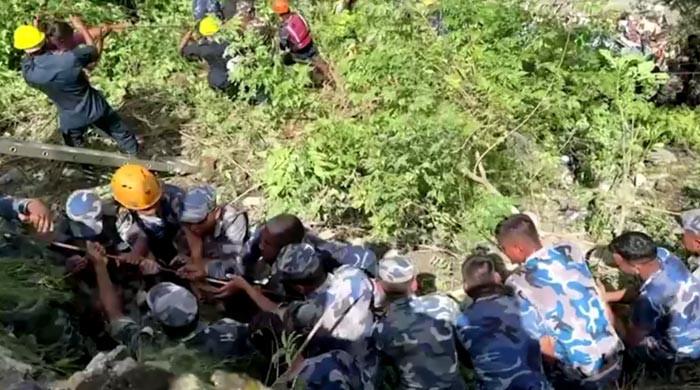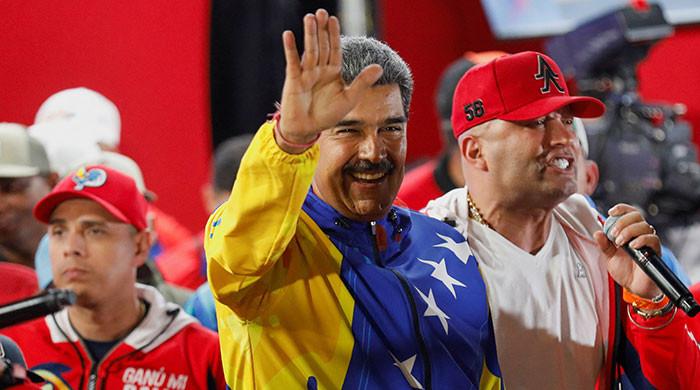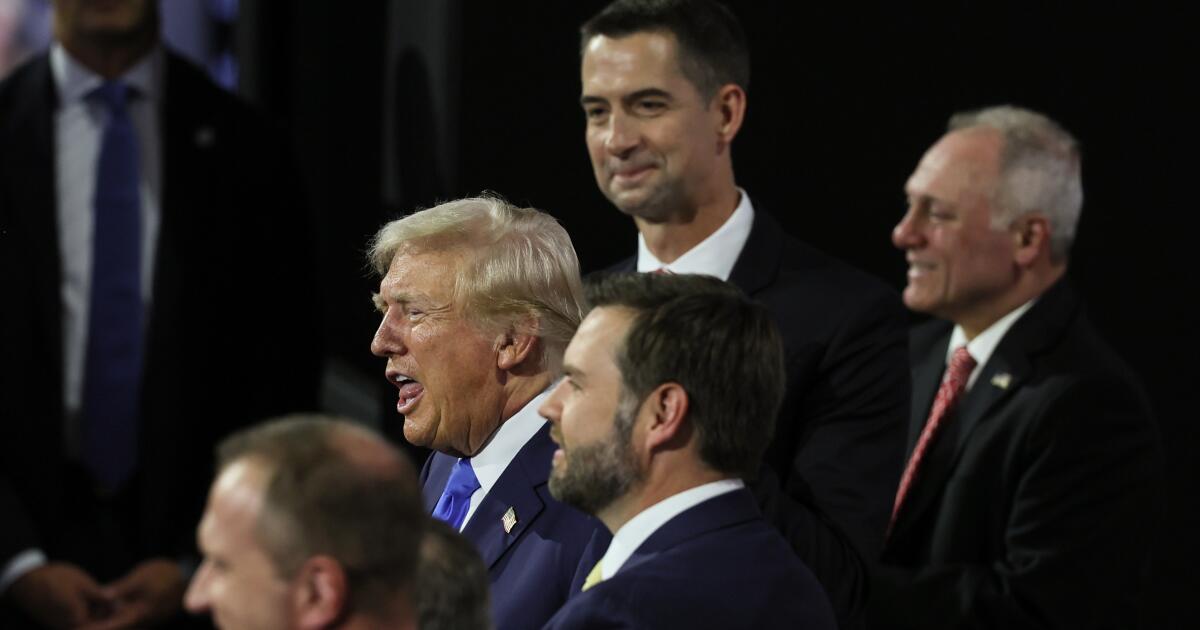Kishida will not seek re-election as leader of the ruling LDP in party elections next month.
Japanese Prime Minister Fumio Kishida has announced he will not seek re-election as leader of the ruling Liberal Democratic Party (LDP) in next month's party elections, in a move that means the country will also have a new prime minister.
At a news conference in Tokyo on Wednesday, Kishida said it was time for a new face to lead the LDP and that he would fully support its leadership.
“In this election, it is necessary to show people that the LDP is changing and that the party is a new LDP,” Kishida told reporters.
“Transparent and open elections and a free and vigorous debate are important for this. The most obvious first step to demonstrate that the LDP will change is for me to step aside. I will not stand in the next presidential election.”
Kishida had informed senior administration officials of his intention not to run, Japanese media including national broadcaster NHK previously reported.
Kishida was elected party chairman in September 2021 for a three-year term and won the general election shortly after.
But his approval ratings have fallen sharply amid a major corruption scandal within the LDP surrounding undeclared political funds raised through ticket sales to party events. More than 80 LDP lawmakers, mostly from a major faction of the party previously led by assassinated former Prime Minister Shinzo Abe, have been caught up in the scandal and 10 people – lawmakers and their aides – were indicted in January.
Whoever wins the party leadership race will become Japan's next prime minister, as the LDP has the most seats in parliament.
Kishida, a former foreign minister with a reputation as a consensus-builder, took over as chief executive from Yoshihide Suga, who came under fire for his handling of the COVID-19 pandemic.
Under Kishida, Japan pledged to double its defense spending to meet the NATO standard of two percent of GDP by 2027.
This marked a shift from decades of strict pacifism, encouraged by the United States amid concerns about China's increasingly assertive stance in the Asia Pacific.
Kishida visited the United States in April when the two countries announced a “new era” in cooperation.
In July, Japan and the Philippines signed a defense pact that allows for the deployment of troops on each other's territory.

